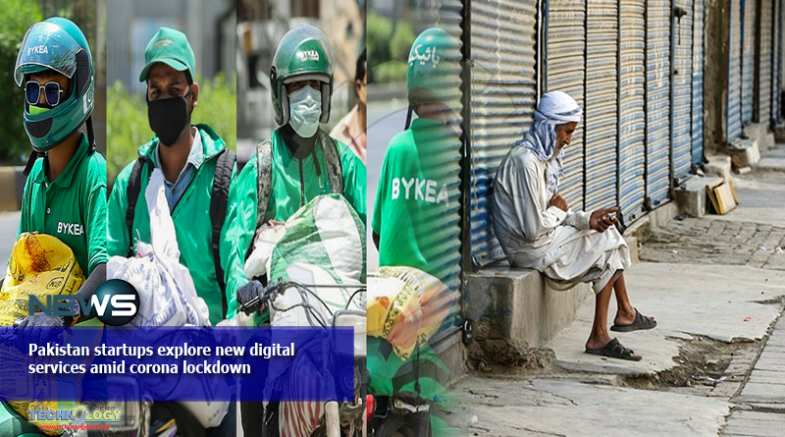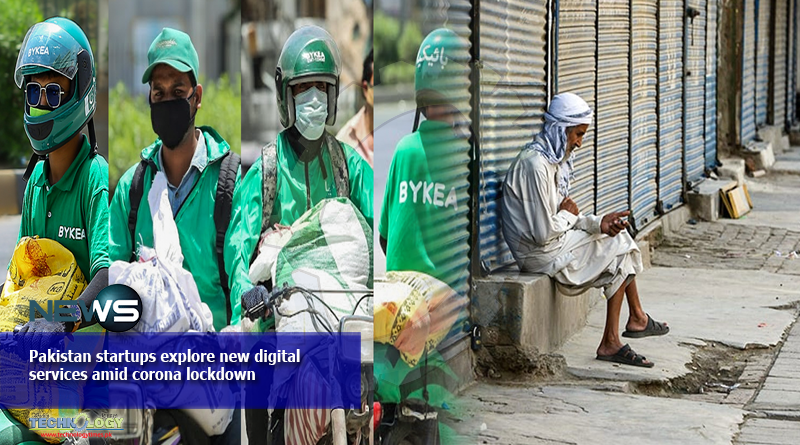With the continuous rise in coronavirus cases across the world, business activity has already taken one of the worst hits in decades In such times, pakistan startups have quickly jumped on whatever opportunity has come their way.

News of textile units converting their production lines to start producing face masks is known to all. The case is not worstly different within tech either, where right after the relative easing of lockdown, logistics giants, including Careem, Bykea and Foodpanda, changed their focus from rides and food towards more necessary items such as medicines and groceries.
Trax, a third-party logistics provider primarily concerning the e-commerce sector, noticed much of its operations (in Sindh) restrain right after the lockdown was imposed. This prompted them to quickly shift focus, at least temporarily, to other areas to keep business running.
“We generally used to avert onboarding clients in pharma, fast-moving consumer goods (FMCG) and ration due to low profit margins. But since they were the essential services and have a pass to operate during the lockdown, we quickly partnered with players in these sectors,” says Trax Chief Executive Muhammad Hassan Khan.
“Pharma used to have less than five per cent share in our gross earning, which has now jumped up to 30 percent after this shift. Not only us, but many of our existing clients in e-commerce have started offering necessary goods and services, such as hand sanitizers, which again helped Trax continue operations,” he adds.
A good example of such add-ons in e-commerce can be characterized by Buyon.pk, which introduced a new category called “Covid-19 care” and now sells items like face masks, hand sanitizers and even walk-through tunnels under this.
Daraz.pk reported that the contribution of Fast Moving Consumer Goods doubled in March while DFresh, the company’s fruits and vegetable service, noticed orders increase by nine times.
In some cases, instead of pivoting or shifting the target market, startups have seen their future plans materialize early. For instance, Oladoc, the doctor booking platform, which was operating in the offline space introduced online consultations within a couple of weeks of the outbreak as out-patient departments (OPDs) were generally closed due to the lockdown.
Meanwhile, Edvon, an edtech startup that produce robotic kits for school children to help science, technology, engineering and mathematics (STEM) learning, has initiated making personal protective equipment kits like face shields for doctors and medical professionals since the outbreak.
“We were already independently doing ration drives and the closure of schools provided us with capacity so we started making face shields to medical staff on the front lines. Initially, it was all using our donor funds but now we are providing these services to hospitals at cost,” says the CEO.
Similarly, the slow demand in poultry due to the closure of restaurants forced the parent company of Poulta, an agritech, to try its luck in making ventilators in the meanwhile (for which the Massachusetts Institute of Technology has made the design open source).
